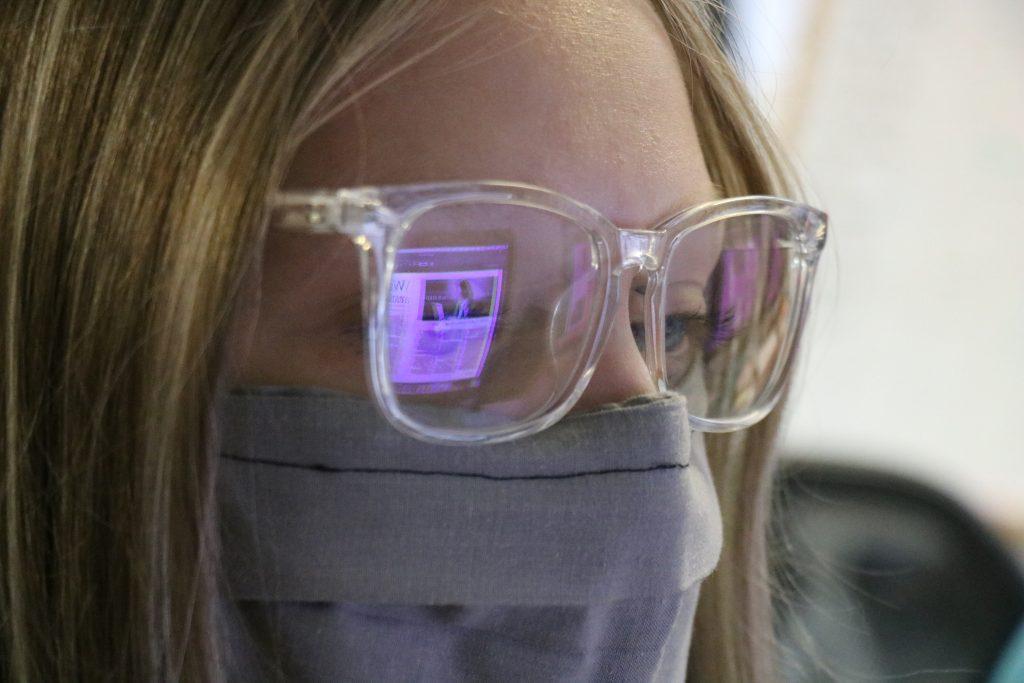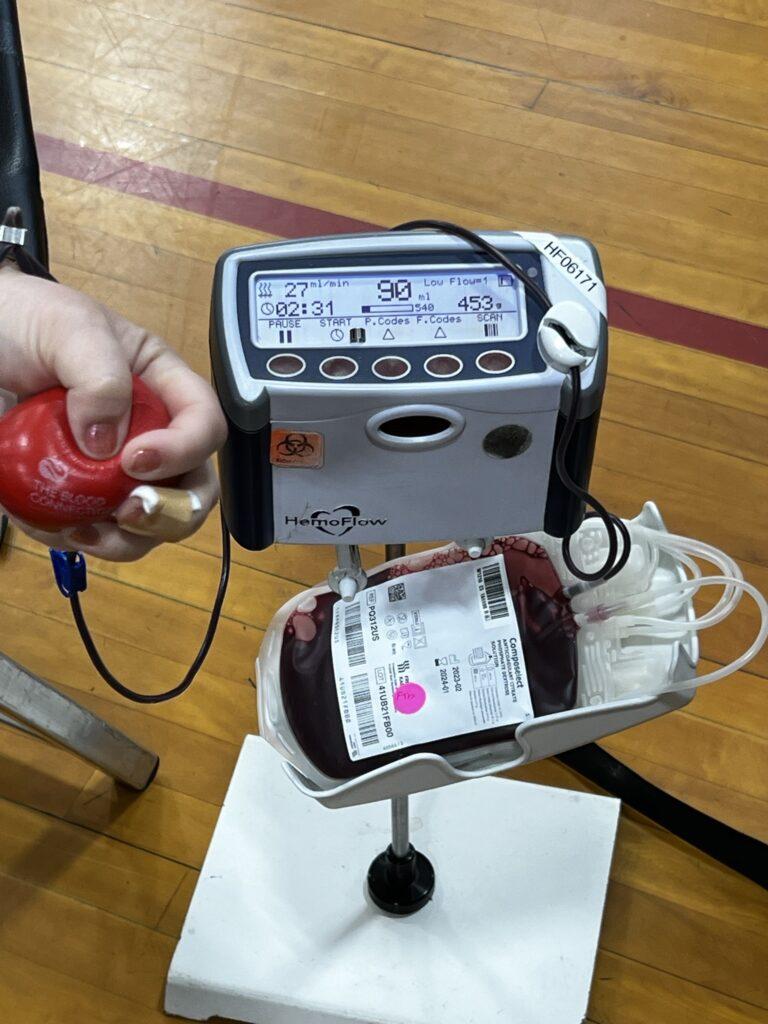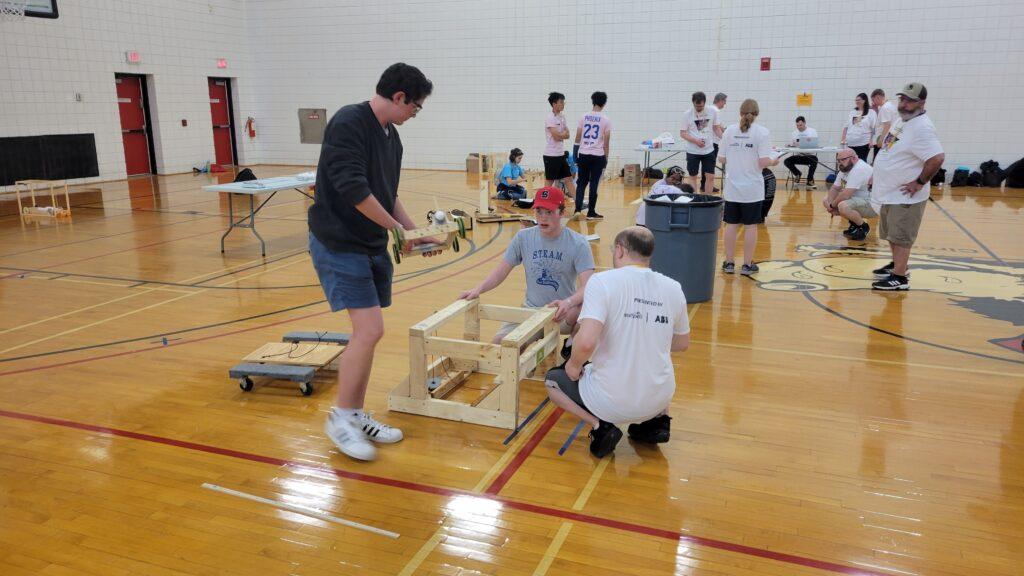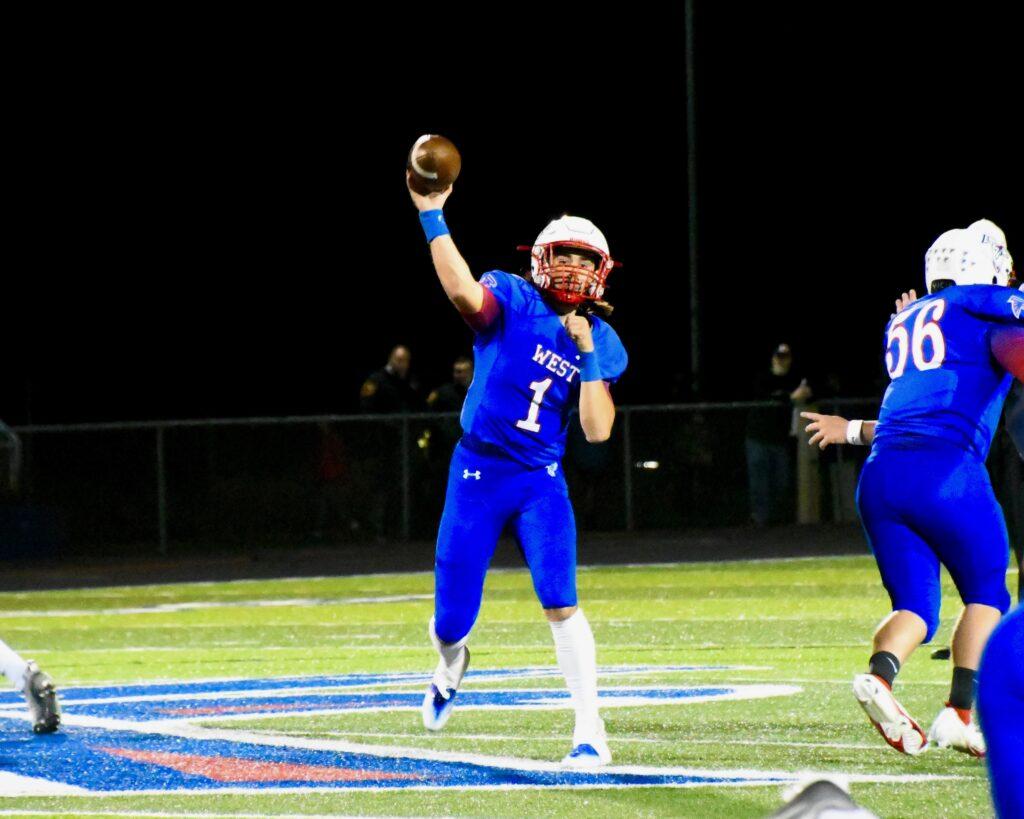As the coronavirus pandemic stretches on, and millions of Americans work and attend school from home, blue light glasses are quickly growing in popularity. The glasses block a blue-colored, high energy ray of light that is emitted from the screens of electronics, called “blue light,” which some experts have linked to eye strain, headaches, drowsiness, sleep loss, and eye problems over time. The human eye is not effective at naturally blocking ultraviolet light or blue light, which is why many have resorted to purchasing blue light glasses in order to protect their eyes and reduce headaches, which is a common complaint as students across the country have turned to the internet to complete their schoolwork.
“Blue light blocking glasses have specially crafted lenses that are said to block or filter out the blue light given off from digital screens,” according to The Cleveland Clinic. “The lenses claim to protect your eyes from glare and can help reduce potential damage to your retina from prolonged exposure to blue light.”
While many scientific sources cite the glasses as effective and beneficial for online work, others debate whether they’re actually helpful or if they simply have a placebo effect. Because the concept of blue light blocking glasses are relatively new and there has been little research conducted on them, the usefulness has been a hot topic as of recently. According to the American Academy of Ophthalmology, people don’t need to wear blue light glasses or any eyewear for frequent use of technology for their job or education. They said that digital devices do not lead to eye disease and don’t cause eyestrain. The problem is that the eyes tend to be overused in the use of technology, hence the eyestrain. “The symptoms of digital eye strain are linked to how we use our digital devices, not the blue light coming out of them,” they added.
Although several organizations say they doubt the effectiveness, various experts in the field claim to believe in the benefits of blue light blocking glasses, filters, and screens. Yuna Rapoport, a board-certified ophthalmologist in New York City, said that while blue light glasses don’t directly prevent headaches and eye strain, blue light is the most effective way to suppress the secretion of melatonin, and the glasses can prevent blue light from affecting your sleep — which can fend off headaches. Dr. Rapoport also recommends the 20-20-20 rule: every 20 minutes, look 20 feet away for 20 seconds.
“I think that if the glasses actually work and do what is required, then they could be very helpful to students,” sophomore Katelyn Barron said.
At West Henderson, students are either on a hybrid schedule, with both in-person and virtual classes, or fully virtual. While in-person students have face-to-face classes two days a week, both options for students include a large amount of extended online time, as many classes still require in-person students to be logged into the class’ Google Meet or have the day’s lesson opened on their computer. Because of the pandemic, schooling is mostly, if not all, online for high school students; eye strain and other consequences of virtual classes and assignments are bound to occur.
“I got a pair of blue light glasses a while ago because my eye doctor said I needed them mixed in with my prescription and I love them. I don’t like how they’ve become a trend or something ‘cool’ because people actually need them. I get bad migraines and they help prevent them,” junior Selah Chambers said.
As the glasses have gained popularity, many students at West have purchased them in an attempt to reduce the physical effects of virtual school. Although some experts claim they are not productive, students say differently.
“I use blue light glasses and I think they’re great. I definitely notice a difference when I wear them versus when I don’t,” senior Margaret-Ann Littauer said.
Senior Max Decker also says that he’s been using the glasses and agrees that the glasses have an impact.
“I use them when working on my computer for a long time and I’ve felt like they really help with eye strain,” Decker said.
While prescription-less glasses are coming back into style as a result of the pandemic, finding strategies and accessories to help stay focused and healthy is a necessity with online classes. If blue light glasses truly do aid the eyes, like many students at West and across the country feel that they do, they are a beneficial invention for both the duration of online school and for daily life.
By: Allison Caskey, Feature Editor







